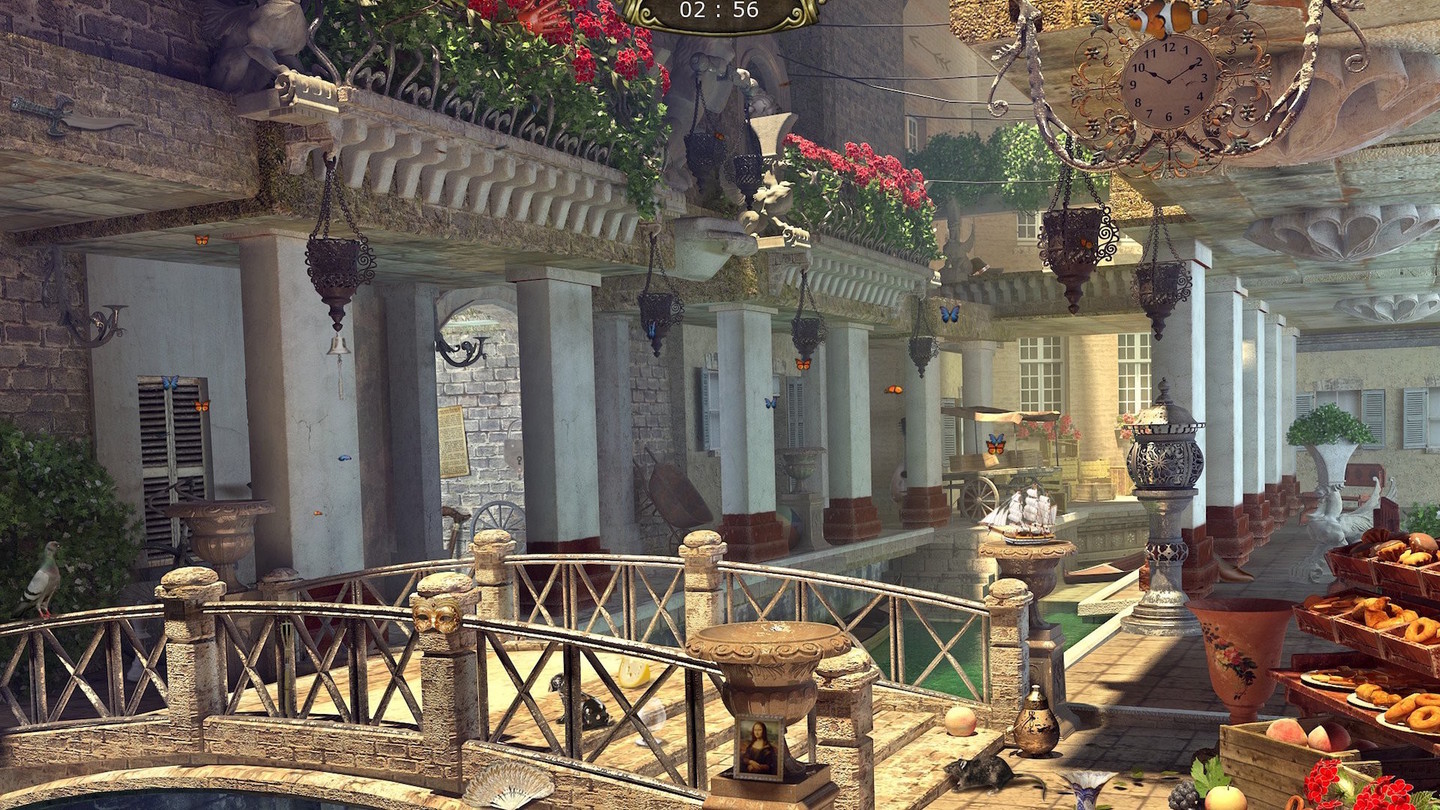


In fact, there is always a chance other influential groups were omitted from this list because their secretive nature has kept them out of the public eye.A couple of decades after The College of New Jersey (which became Princeton University in 1896) was first established, there were only two known social clubs in existence at the school. There is still much we don’t know about these societies, given their secretive nature. Though Opus Dei was vilified in the film “The Da Vinci Code,” the Catholic organization’s stated goal is to encourage people to be “close to Christ, and making Him known to others.” Other groups like the Ancient Order of Hibernians work to preserve and defend their religion. The Knights Templar disbanded in the early 14th century, but many secret societies still aim to promote its religious values. The group of crusading warriors, founded in 1118, had the stated mission of protecting Christian pilgrims and defending the Holy Land against Muslim armies. One of the oldest examples is the Knights Templar. Secret societies date back hundreds of years. Other organizations, such as The Loyal Order of Moose and the Ancient Order of United Workmen, are made up of working class people and serve as a union of sorts, advocating for their members’ interests and helping them obtain health or life insurance. Groups like the Odd Fellows and the Seven Society have stated missions to help those in need. Many secret societies focus more on helping the world than its members. The Skull and Bones society, open only to seniors at Yale University, has a long list of powerful business leaders and politicians who were once members. Though secret societies likely make people think of old men sitting over grand wooden tables, the group that may be able to claim the most influential alumni in the U.S. The group has included influential figures such as George Washington, Ben Franklin, J. Freemasons are well known worldwide, with an estimated 2 million members. However, there are secret societies whose members have wielded considerable influence and power that are very real and still operate to this day. Two writers for the publication sent fake letters supposedly from readers to the magazine to stir up public fervor about the Illuminati’s role in society, and those falsified letters are the reason people believe the group is still in power today - or maybe that’s just what they want us to think. The legend of the Illuminati as an all-powerful secret order, which includes famous people like Beyoncé, comes from Playboy magazine. However, the actual Illuminati, formed in Germany in the 18th century, only existed for a few years before disappearing. Perhaps the group that pops into most people’s heads when they hear the words “secret society” is the Illuminati. Whatever their purpose, these organizations are thought to have significant influence on the outside world, largely because of the powerful people known to be members.Ģ4/7 Tempo reviewed historical records and media sources to determine the most powerful secret societies still in existence today.Ĭlick here to see the most powerful secret societies still in existence today

Some seek power for their members, while others are dedicated to charity. Many restrict admittance based on gender, religion, or occupation. Not just anyone can be a member of these groups.

These organizations, which have developed their own rituals and require membership oaths, exist for numerous reasons and have popped up over the centuries. Many of these groups are thought to be ancient, mysterious gatherings of powerful men who get together and tip the balance of world power in their favor. Secret societies have captured the imagination of the public for centuries.


 0 kommentar(er)
0 kommentar(er)
